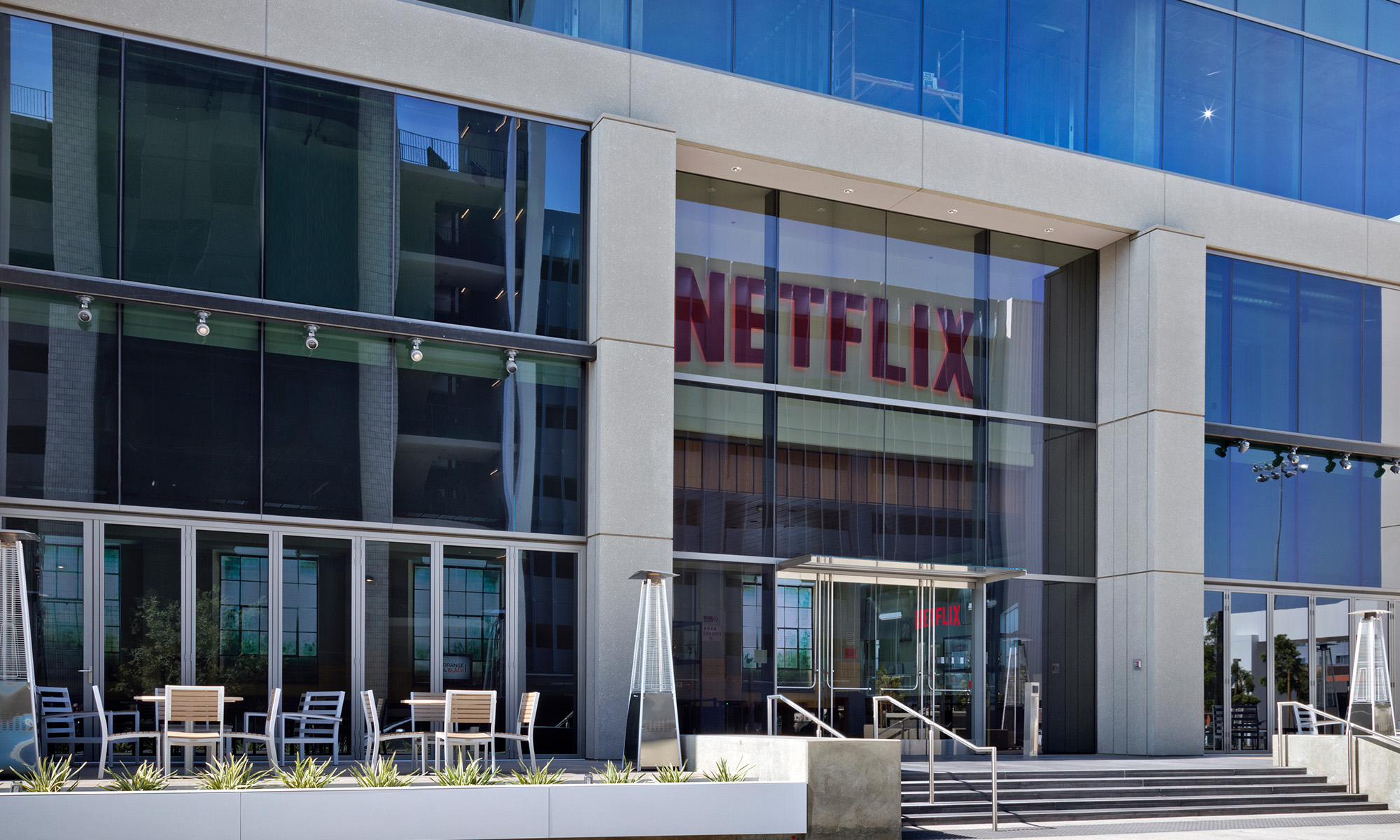In February, I predicted that Netflix (NFLX +0.42%) wasn't quite as good of a stock to buy as Amazon.com. But how does the streaming giant fair in a head-to-head comparison with its more direct competitor, Time Warner (TWX +0.00%) -- parent company of HBO?
Making the comparison particularly interesting, the stocks have recently moved in opposite directions. Year-to-date, Netflix stock is down 13% and Time Warner stock is up 16%. Is Netflix a better buy after a sell-off? Or is there more merit in Time Warner's stock price -- even after it has risen higher?
Let's compare the two competitors head-to-head.
|
Metric |
Netflix |
Time Warner |
|---|---|---|
|
Market capitalization |
$42.8 billion |
$59.1 billion |
|
Trailing-12-month revenue growth (YOY) |
23.4% |
2.2% |
|
Price-to-earnings |
348 |
15.3 |
|
Price-to-sales |
6 |
2.1 |
Data source: Reuters.
Netflix
What may stand out first to investors is how rapidly Netflix is growing. With trailing-12-month revenue up 23.4%, the streaming giant is seeing growth that's easily outpacing Time Warner's 2.2% growth during this period. Even more, Netflix's revenue growth in the most recent quarter was actually higher than its average growth during the trailing-12-month period.
But along with Netflix's impressive growth comes a premium valuation for the stock. The incremental premium the market has awarded Netflix is most evident when comparing the two stocks' price-to-sales ratios. Netflix's price-to-sales ratio of 6 handily trumps Time Warner's more conservative price-to-sales ratio of 2.1.
Further, incorporated into the Netflix stock price is a forecast for huge earnings growth. This is evident by the stock's price-to-earnings ratio of about 350 at the time of this writing. Of course, there good reason to believe Netflix's earnings will soar higher; as the company's international markets mature, it will reduce its marketing and will benefit from greater economies of scale.
Time Warner
In some ways, Time Warner stock is the opposite of Netflix when it comes to the sort of investors it likely attracts. Trading at a price-to-earnings ratio of 15, Time Warner's valuation is very conservative relative to the powerful segments under its name, including Turner, HBO, and Warner Bros.

Image source: Getty Images.
There's a solid reason, however, for the stock's conservative valuation. Revenue growth is unimpressive -- up 2.2% in the trailing-12-month period. And some investors worry Time Warner may continue to struggle with revenue growth as Netflix and other streaming-video subscription services build out their audiences and ramp-up their production of original content.
Fortunately, HBO has shown promise recently. Its year-over-year revenue growth accelerated to 3% in its most recent quarter. The company benefited from investments in "great content and new capabilities in order to take advantage of the growing demand for high-quality video content around the world," Time Warner CEO Jeff Bewkes said in its first-quarter press release.
And the company's financial maturity is paying dividends -- literally; adjusting operating income increased 11%, and the stock pays out a 2.1% dividend yield at the time of this writing.
Overall, choosing between these two stocks comes down to betting on Netflix's dominance in the fast-growing streaming space or Time Warner's conservatively valued iconic brands and proven industry scale. While I wouldn't sell Netflix stock simply because of its pricey valuation, Time Warner's comparatively cheap stock price is enough for me to more confidently place my bets on the HBO parent over Netflix.







